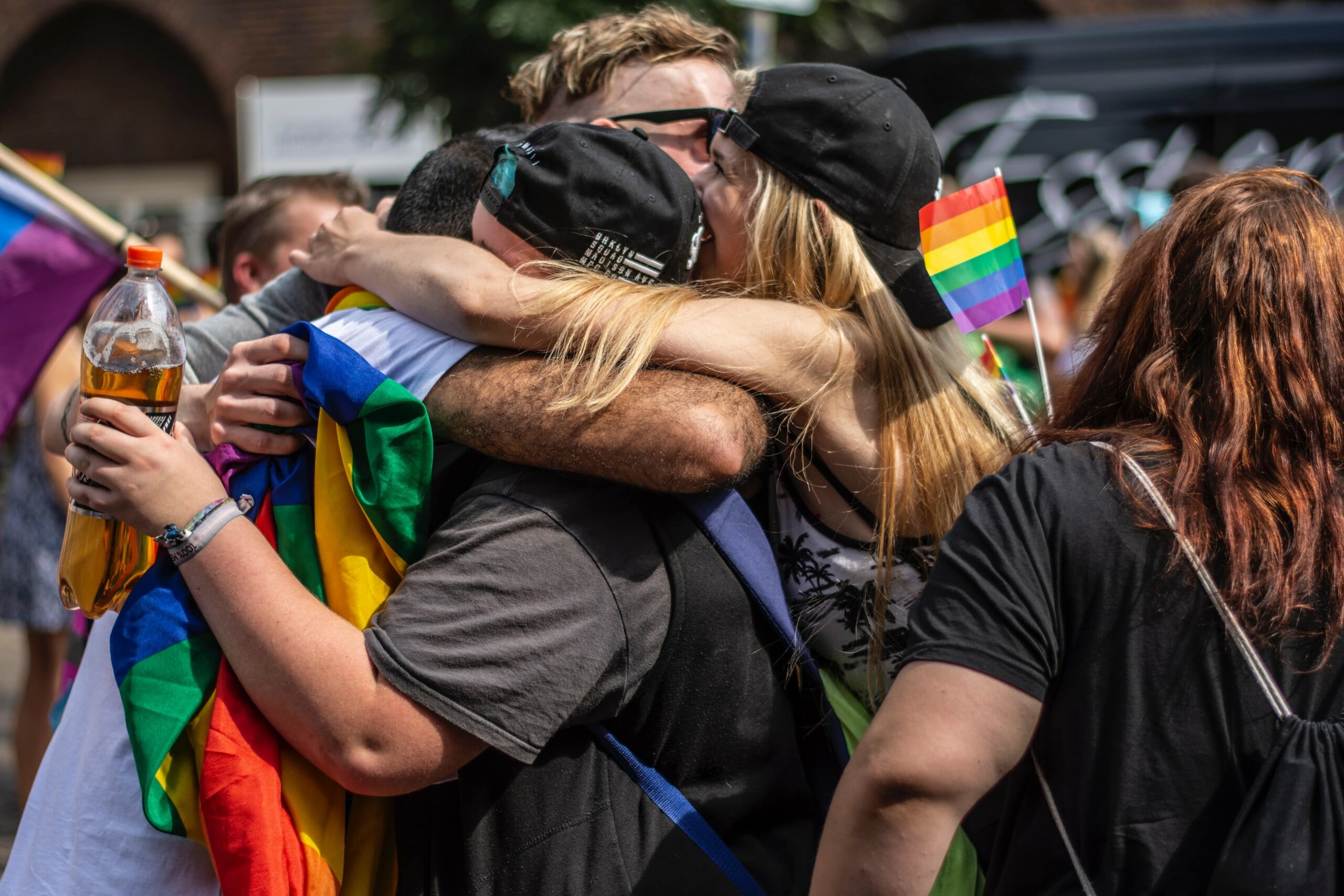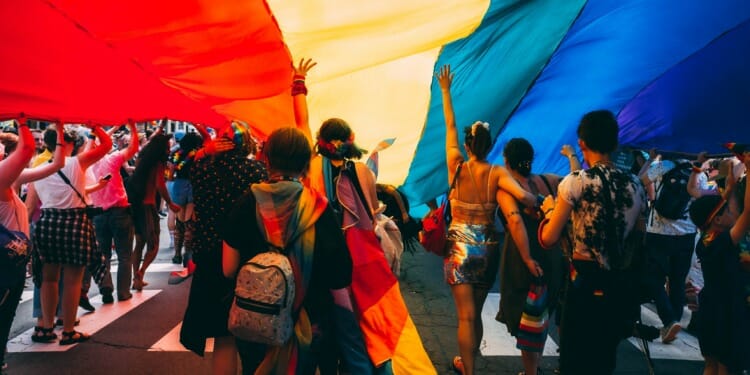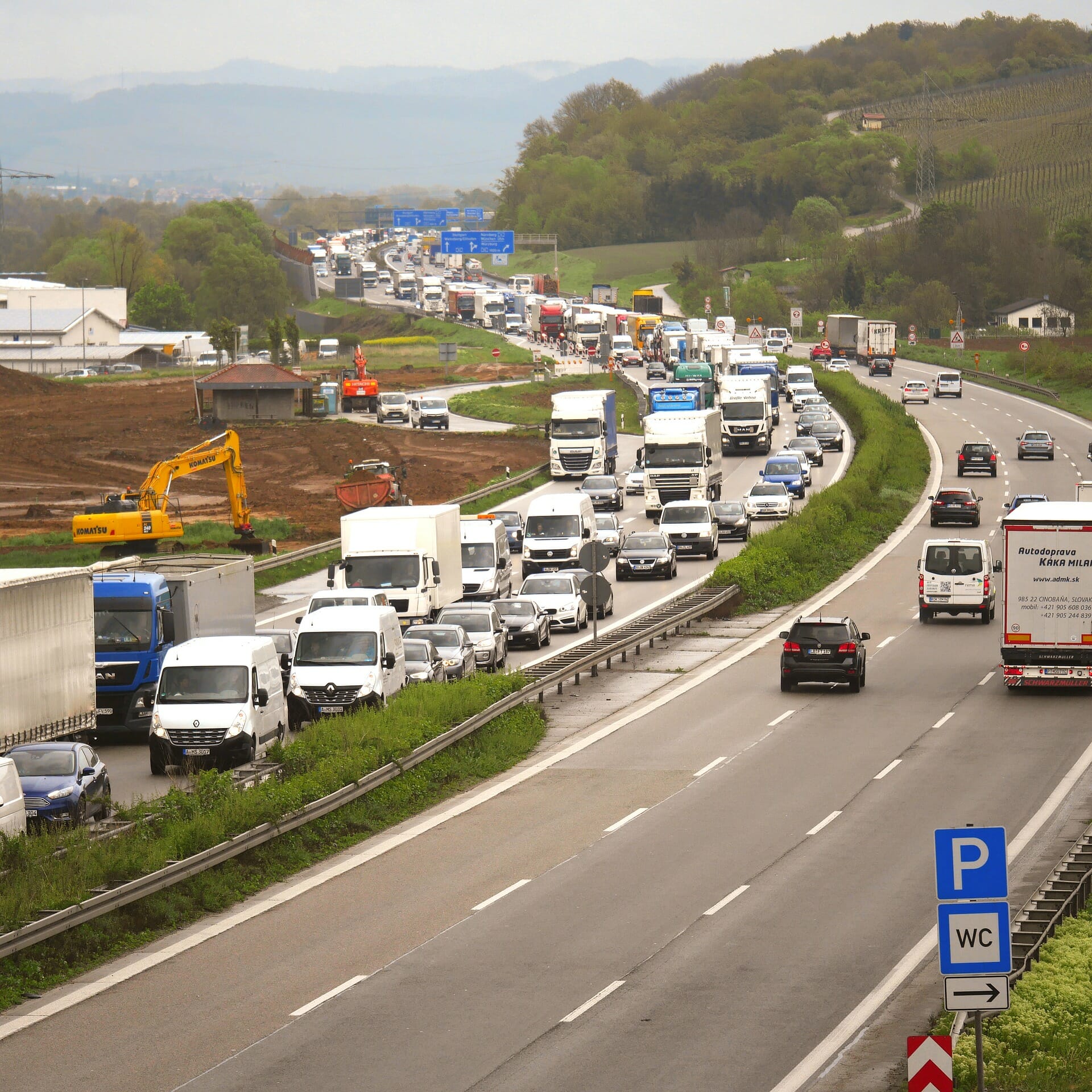On Sunday, September 26, Switzerland became the 30th country in the world to legalise same-sex marriage in a national referendum that saw a resounding 64% of the population say “I do.”
Switzerland has authorised same-sex civil partnerships since 2007 and roughly 700 are established every year but these partnerships lack the same legal rights as marriage. With the new legal changes, same-sex couples will be able to adopt children together and sperm donation will be available for lesbian couples.
Under current law, only the biological mother is regarded as a parent which means that if something happens to the biological mother, the child is considered an orphan. New laws though will give children born through sperm donation two parents from birth and ensure better legal protection.
Switzerland is one of the last Western European states to legalise same-sex marriages after the Netherlands began recognising and performing them two decades ago. A marriage equality bill was first proposed in Switzerland in 2013 but languished for a long time in Switzerland’s Federal Assembly.
In the time it took the bill to reach the Council of States (the upper house in the Swiss legislature), almost a dozen European states legalised same-sex marriage. Swiss neighbours Germany and Austria passed bills back in 2017 and 2019 respectively while the Swiss legislature finally voted on the topic in December 2020.

The Council of States passed the legislation with 22 to 15 voting in favour and then gained an even greater majority in the National Council as 136 out of 184 voted in favour of the proposal. However, the bill met fierce opposition from the (now-defunct) Christian Democratic Party and was put up for a national referendum vote.
Switzerland functions on a system of direct democracy which means that citizens vote on policy proposals directly rather than through legislative representatives. Facultative or optional referendums like this one can be called to approve or reject laws that the government has already passed as long as 50,000 signatures can be collected.
The country, nestled in the heart of Europe, has long been a traditional and conservative state. Recent referendums have overthrown attempts by the government to cut carbon emissions and a simultaneous referendum on Sunday to raise taxes on returns from investments and capital to ensure better redistribution and fairer taxation failed.
Some cantons (similar to states) are more conservative than others, such as Appenzell Innerrhoden. Appenzell Innerrhoden was the last canton to allow women to vote, withholding suffrage until 1990. Similarly, on Sunday Appenzell Innerrhoden showed the least support for same-sex marriage, as only 50.82% of voters favoured gay marriage.
Related Articles: It’s Never Too Late to Come Out | Resisting, Supporting, Healing with UN Women
Opponents to same-sex marriage were incredibly vocal in the lead up to the referendum; flooding LGBTQ+ hotlines with complaints, sending hostile emails and shouting abuse at campaigners. Objectors believe that granting same-sex couples the same legal rights as married heterosexual couples would undermine the concepts of marriage and family.
Furthermore, they believed that sperm donation would deprive children of the rights to a father and anti-LGBTQ+ groups disseminated posters illustrated with “zombie fathers” and “exploited surrogate mothers.” The hatred and discrimination that fueled this campaign has left a mark on the Swiss LGBTQ+ community who believe there is much more to be done in the fight for equality, in Switzerland, Europe and the world.
However, despite the efforts of opponents and the conservative nature of many Swiss citizens a milestone was passed this weekend. Advocates of same-sex marriage had their voices heard and found that the majority of the country supported them as not one single canton lost a majority vote in favour.
https://twitter.com/AFP/status/1442285505727528966?ref_src=twsrc%5Etfw%7Ctwcamp%5Etweetembed%7Ctwterm%5E1442285505727528966%7Ctwgr%5E%7Ctwcon%5Es1_&ref_url=https%3A%2F%2Fpublish.twitter.com%2F%3Fquery%3Dhttps3A2F2Ftwitter.com2FAFP2Fstatus2F1442285505727528966widget%3DTweet
The process won’t be fully legalised until 2022 and couples will likely have to wait until July next year to get married, but for now, they are celebrating.
“Today does not change my country,” Olga Baranova told AFP. “Today reflects the change of mentality over the last 20 years. It is really the reflection of a very broad and very important acceptance of LGBT people in society.”
Editor’s Note: The opinions expressed here by Impakter.com columnists are their own, not those of Impakter.com. — In the Featured Photo: Young people march under a rainbow flag during a Pride parade. Featured Photo Credit: Mercedes Mehling









